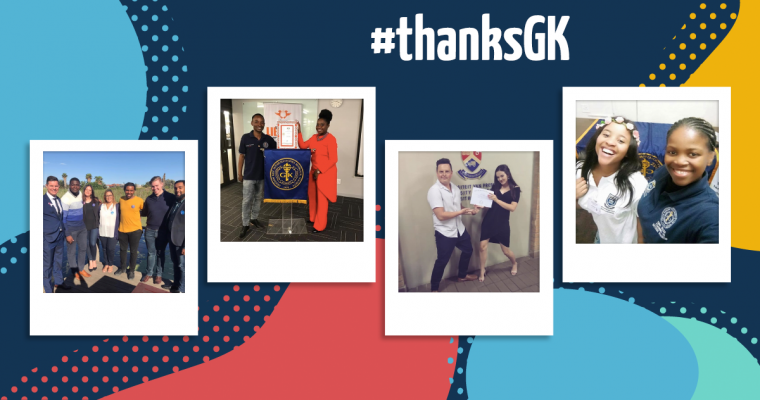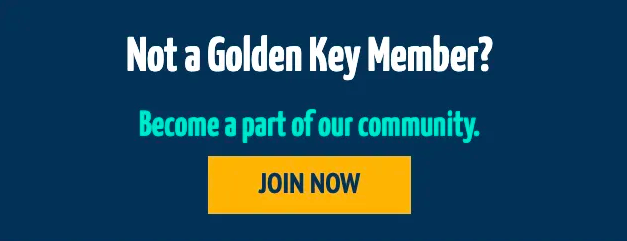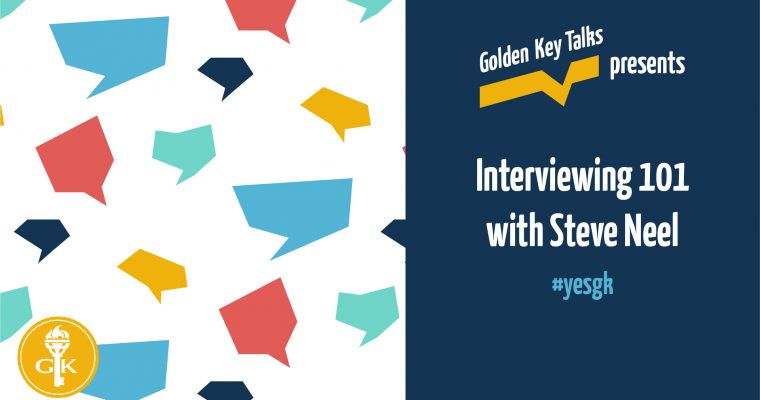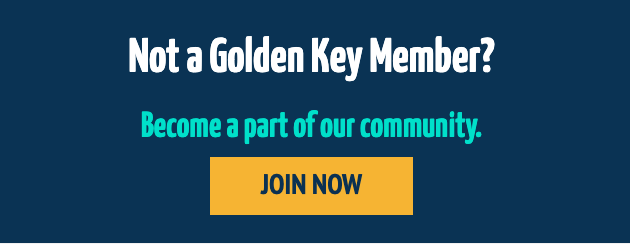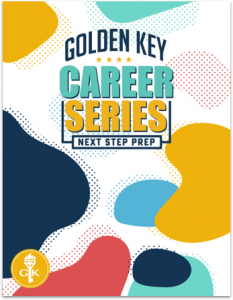GRE TIP #1: TACKLING MULTIPLE BLANKS
GRE Text Completion questions can require you to fill in one, two, or three blanks with the correct word—and there’s no partial credit! However, multiple-blank questions aren’t necessarily more difficult than one-blank questions. These sentences often contain more context clues to help you predict the type of words needed. Moreover, when you fill in one blank correctly, that word is often a clue to the remaining word(s). Remember that with multiple-blank Text Completions, you do not need to tackle the blanks in order; start with the blank that is easiest.
GRE TIP #2: SENTENCE EQUIVALENCE – ELIMINATING ANSWER CHOICES
Sentence Equivalence questions present you with one blank and ask you to choose two words from a list of six to fill in that blank. The words need to meet two criteria: (1) They must make sense in the sentence. (2) They must give the sentence the same meaning. This means that process of elimination is a powerful tool. Even if two answer choices are synonyms, if they would not make sense in the sentence, eliminate those choices. Also, if a word would make sense but no other choice would give the sentence the same meaning, eliminate that word from consideration. Once you eliminate words that don’t make sense or that don’t have a “partner” word in the list, your chances of selecting the correct two words from the remaining ones are much greater.
GRE TIP #3: READING COMPREHENSION – MAPPING THE PASSAGE
By the time you take the GRE, you’ve spent a lot of your life reading to learn things so you can take tests and write papers. However, success with GRE Reading Comp questions requires you to read differently. If the passage is about the behavior of molecules in hypertonic solutions, remember that you are not taking a chemistry test. If the passage is about the concept of chivalry in medieval romances, remember that you are not taking a literature or history test. You are taking the GRE, and the GRE predictably asks the same types of questions no matter what the particular subject matter of the passage is.
Prepare to answer these questions by taking notes about the passage’s main idea, the structure of the passage, and any opinions that appear and whose opinions they are. Taking these notes—making a Passage Map—will engage you in active reading, and the notes themselves will help you answer many test questions. The GRE is “open book,” so if you need to research a detail, it will be right there on the screen.
Quantitative Comparison questions present you with two quantities and ask whether Quantity A is greater, Quantity B is greater, the two quantities are the same, or the relationship cannot be determined. These four answer choices are always the same, so have them memorized by Test Day.
Also, keep in mind that the question is not asking you for the value of the quantities, only for their relationship. Example:
Don’t waste time calculating the value of x. Instead, use your knowledge of number properties to deduce that x could be either positive or negative (because either a positive or negative number raised to an even exponent results in a positive number: 22 equals 4, and –22 also equals 4). Thus, you can’t tell whether x is greater or less than 0, and “The relationship cannot be determined from the information given” is the correct answer. Done!
GRE TIP #5 PROBLEM SOLVING – PICKING NUMBERS
Problem Solving questions probably look a lot like math questions you solved in school. You are given some information and asked to use it to find a value or values. GRE Problem Solving questions may ask you to select one correct answer out of five choices. Alternatively, they can be all-that-apply questions such that there may be one or more than one correct answers. They can also be numeric entry questions, providing you with a box in which to type the answer.
Many questions will give you information in relatively abstract form. You might be given variables instead of numbers or proportions of an unknown total, or you might be asked to apply number properties rules. A great way to bring any question like this down to earth is to pick numbers and then work with the numbers instead of abstract unknowns.
- The numbers you pick must be mathematically permissible. For instance, if the question says a > b, you could pick a = 3 and b = 2, but not the other way around.
- The point of picking numbers is to make your job easier, so choose numbers that will be easy to work with. Small positive integers, such as a = 3 and b = 2, are often good choices. Alternatively, if the question indicates that you will need to find a percentage of a total, pick 100 for that total as doing so will make the percent calculations easy.
Note that the Quantitative Comparison tip above used picking numbers to illustrate how positive and negative bases work with even exponents; picking numbers is an efficient way to refresh your memory of number properties rules in the middle of the test.
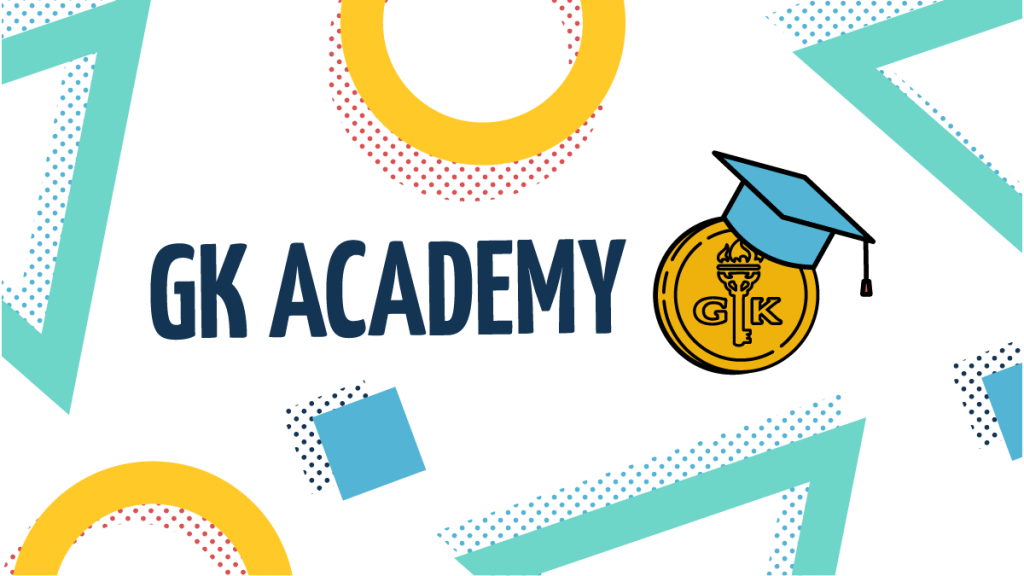
GRE TIP #6: ALGEBRA – SOLVING FOR X
Over and over on the GRE Quantitative section, you’ll be asked to isolate a variable. This may mean finding the value of a variable, such as x = 4 or y > –1, or it may mean solving for one variable in terms of another, such as a = 2b2c. Here is a useful set of steps for solving most linear equations or inequalities for a variable:
1. Eliminate any fractions by multiplying both sides by the least common denominator.
2. Put all terms with the variable you’re solving for on one side by adding or subtracting on both sides.
3. Combine like terms.
4. Factor out the desired variable.
5. Divide to leave the desired variable by itself.
Example: Solve for x in terms of y.
GRE TIP #7: PROPORTIONS – THREE WAYS TO SOLVE
A proportion expresses the relative amounts of two or more quantities. On the GRE, proportions show up throughout the Quantitative section in problems involving arithmetic, algebra, and geometry. It is usually most helpful to write proportions as fractions. Use labels so you remember which value you put on top and which one you put on the bottom.
For example, if a business owner knows that 2 workers can produce 9 wind chimes a day and wants to know how many wind chimes 6 workers would produce, set up this proportion:
Now there are three ways to solve for c. Which one is most efficient for a given problem depends on the numbers involved.
#1: Anything done to the numerator of a fraction must be done to the denominator, and vice versa. In this case, the number of workers was multiplied by 3, turning 2 workers into 6, so the number of chimes must also be multiplied by 3: 9 × 3 = 27 wind chimes. When you have obvious numeric relationships to work with, this is often more efficient than cross multiplication.
#2: Cross multiply: 2c = 9 × 6; 2c = 54; c = 27. This is often the only option when the problem gives you variables instead of numbers.
#3: Estimate: Here, 9 is a little less than 5 times 2, so c will be a little less than 5 times 6 or 30. Look for the answer choice that is a little less than 30. This is often the most efficient option when the numbers are large or awkward to work with and answer choices are far apart.
GRE TIP #8: GEOMETRY – RIGHT TRIANGLES
One of the GRE’s favorite shapes is the triangle, and certain triangles have special rules that are worth memorizing.
If you know two sides of a right triangle, you can find the third by using the Pythagorean theorem:
a2 + b2 = c2, where a and b are two legs of the triangle and c is the hypotenuse
However, the following side ratios show up often enough on the GRE that memorizing them will save you vital time:
3 : 4 : 5
5 : 12 : 13
Now if you see a right triangle with a leg of 12 and a hypotenuse of 13, you know the other side is 5 without having to do any calculations. And, any multiple of this ratio will follow the same pattern.
Also know these side and angle ratios:


